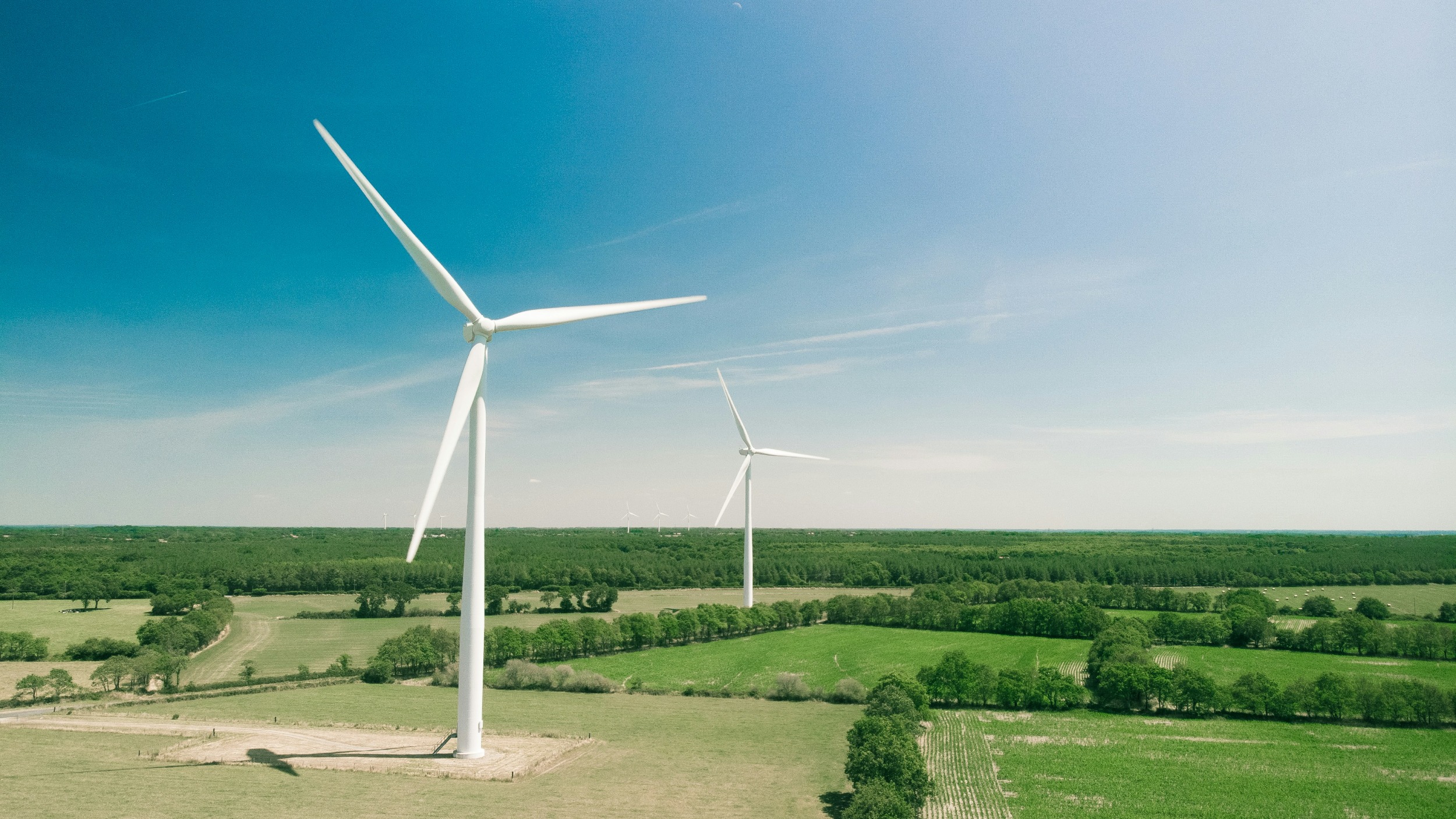
Georgina is a seasoned Executive Search professional specialising in Renewable Energy, Novel Energy Solutions, Storage, Carbon Removal, CCUS, and Clean Fuels to help clients develop best-in-class business units. She helps to grow the teams of disruptive businesses developing the next generation of renewable electric power, mobility, and decarbonisation technologies.
After a 14-year career recruiting finance professionals across the globe, Georgina became concerned that there wasn’t enough connectivity between the financial services sector and the energy transition. As a result, Georgina delivered an ESG Podcast series; featuring a number of C-Suite Investment Leaders, Environmental Consultancies, Asset Owners, and Data Innovators.
Georgina published Acre’s Climate Solutions Series "The Green Recovery & Beyond", which outlines some of the most innovative climate solutions (sector by sector).
Featured Articles from Georgina's team
Open Positions from Georgina's Team

